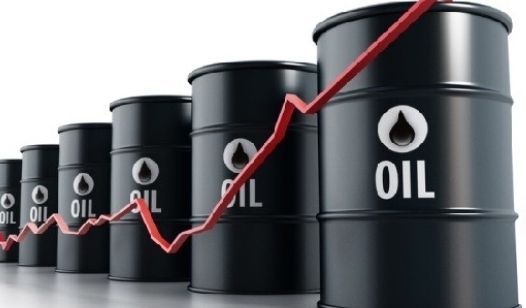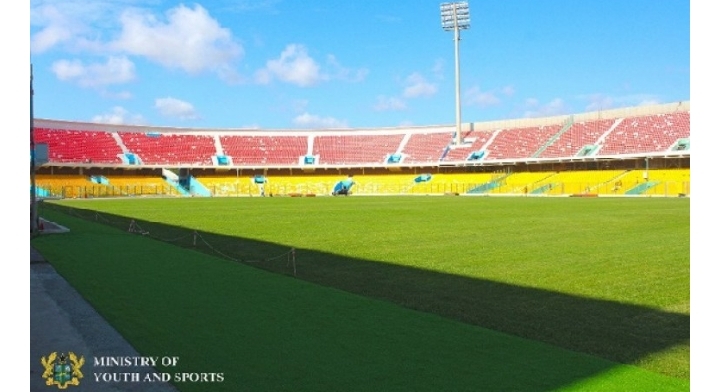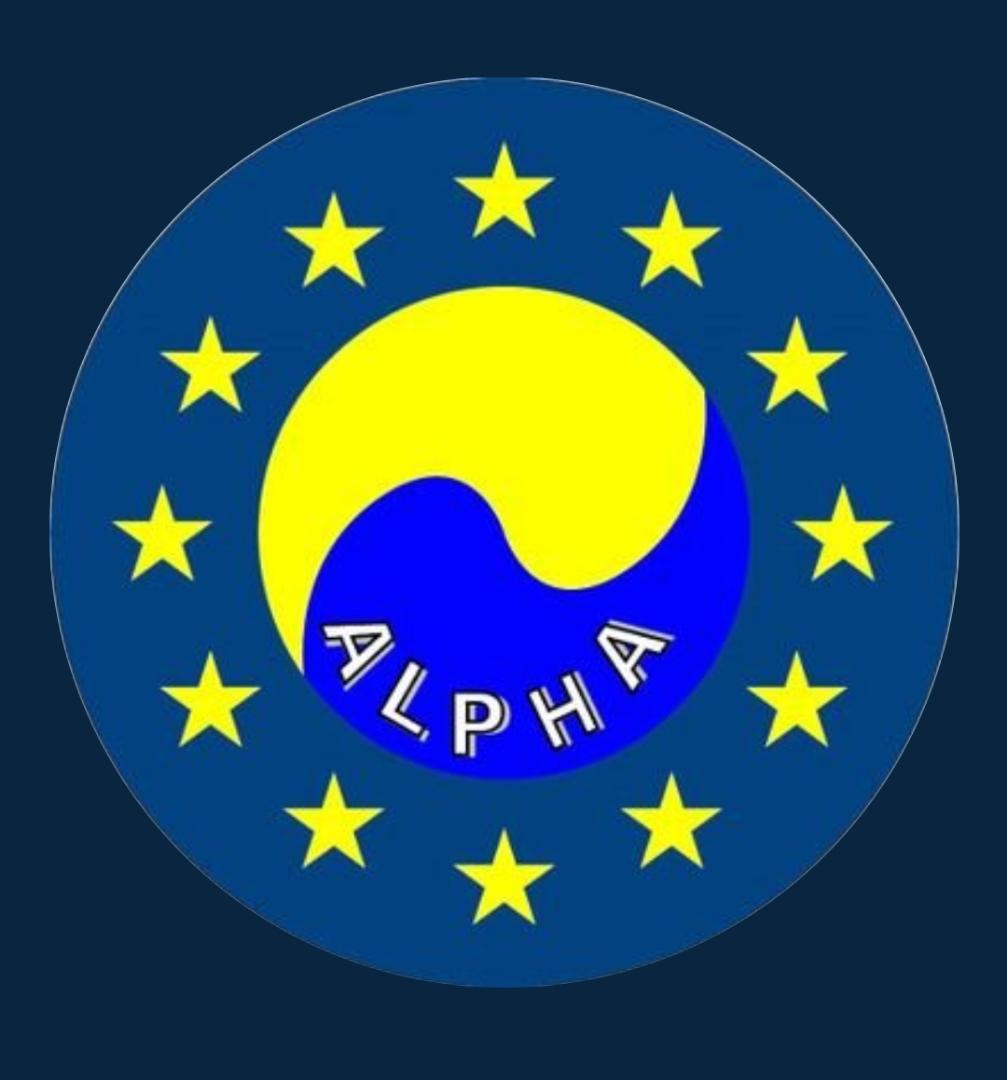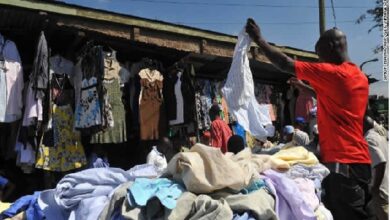Oil rises as Russia invasion nears Ukraine capital

The price of Brent crude oil rose by more than 2% to $101 (£75) a barrel as fighting appeared to intensify near the Ukrainian capital, Kyiv.
But stock markets in Europe and Asia rebounded as investors assessed Western sanctions on Russia.
The UK, the US, the EU and others have announced sanctions against Russia.
The UK imports 6% of its crude oil and 5% of its gas from Russia, but there are concerns sanctions could constrict supplies and drive up prices worldwide.
The high price of energy and fuel, with demand surging following the easing of Covid restrictions, is one of the main factors currently driving up the cost of living for people in the UK.
On Thursday, UK petrol prices hit a record high of 149.50p a litre, and motoring groups warned this price would rise further if the cost of oil continued to climb.
Gas prices have seen big fluctuations since Russia’s military action began.
UK wholesale gas prices soared nearly 60% on Thursday, but on Friday prices were down nearly 20%.
One expert described the market on Thursday as “like a cappuccino – the basic cost in terms of supply and demand is the coffee, with an awful lot of froth on top of it”.
Bargain hunting
While the sanctions against Russia include freezing bank assets and cutting off state-owned enterprises, they stopped short of disconnecting Russia from the Swift international banking system or targeting its oil and gas exports, which some analysts said had helped stock markets recover.
In early trade in Europe, the UK’sFTSE 100 indexrose 1.2% and the markets in Germany and France edged higher.
On the London market, one of the top risers was Evraz, a mining firm with major operations in Russia and Ukraine. While shares in the company were up more than 18% on Friday, they have fallen 30% over the past five days.
In Asia, Tokyo’s Nikkei 225 index closed nearly 2% higher on Friday while China’s Shanghai Composite added 0.6%.
After the global sell-off of shares on Thursday, investors are now “looking for bargains”, said Jane Foley, head of currency strategy at Rabobank.
Ms Foley told the BBC’s Today programme there were many firms in emerging markets which export agricultural products and raw materials such as metals, so “perhaps they’re going to be doing well in this crisis, because other countries will be looking to buy their commodities from other markets that aren’t Russian”.
Russia is the second largest exporter of crude oil after Saudi Arabia. It is also the world’s biggest exporter of natural gas.
Europe gets nearly a third of its oil and around 40% of its gas from Russia, much of it flowing through pipelines across Ukrainian territory.
Concerns remain that sanctions could constrict supplies and drive up prices worldwide. But countries imposing sanctions on Russia have not yet taken steps to disrupt Russia’s energy supplies, said Mansoor Mohi-uddin, chief economist at the Bank of Singapore.
“The situation remains highly fluid. As civilian casualties emerge, the pressure on the US, UK, European Union and Nato to help Ukraine defend its territory will increase,” he added.
The amount of global reliance on Russian energy is uneven.
China, which has opposed Russia sanctions, gets 14% of the oil and gas that it imports from the country, compared to India and Thailand’s 2%, according to economists at Deutsche Bank. “Perhaps the greatest source of spill-over from the Ukraine conflict would be the impact that conflict, and higher energy prices, would have on the European economies,” they said.
“If oil prices were to rise 50%, the Euro area would fall into recession – we think the US might too. All Asian countries would feel the impact of that disruption.”
Russian and Ukraine are also major global wheat suppliers, producing 29% of global exports, most of which travels through ports in the Black Sea.
The price of agreements to buy wheat shot up to a nine-year high on Thursday as Russia began its invasion. However, on Friday morning wheat prices were down 2%.
Source: BBC





